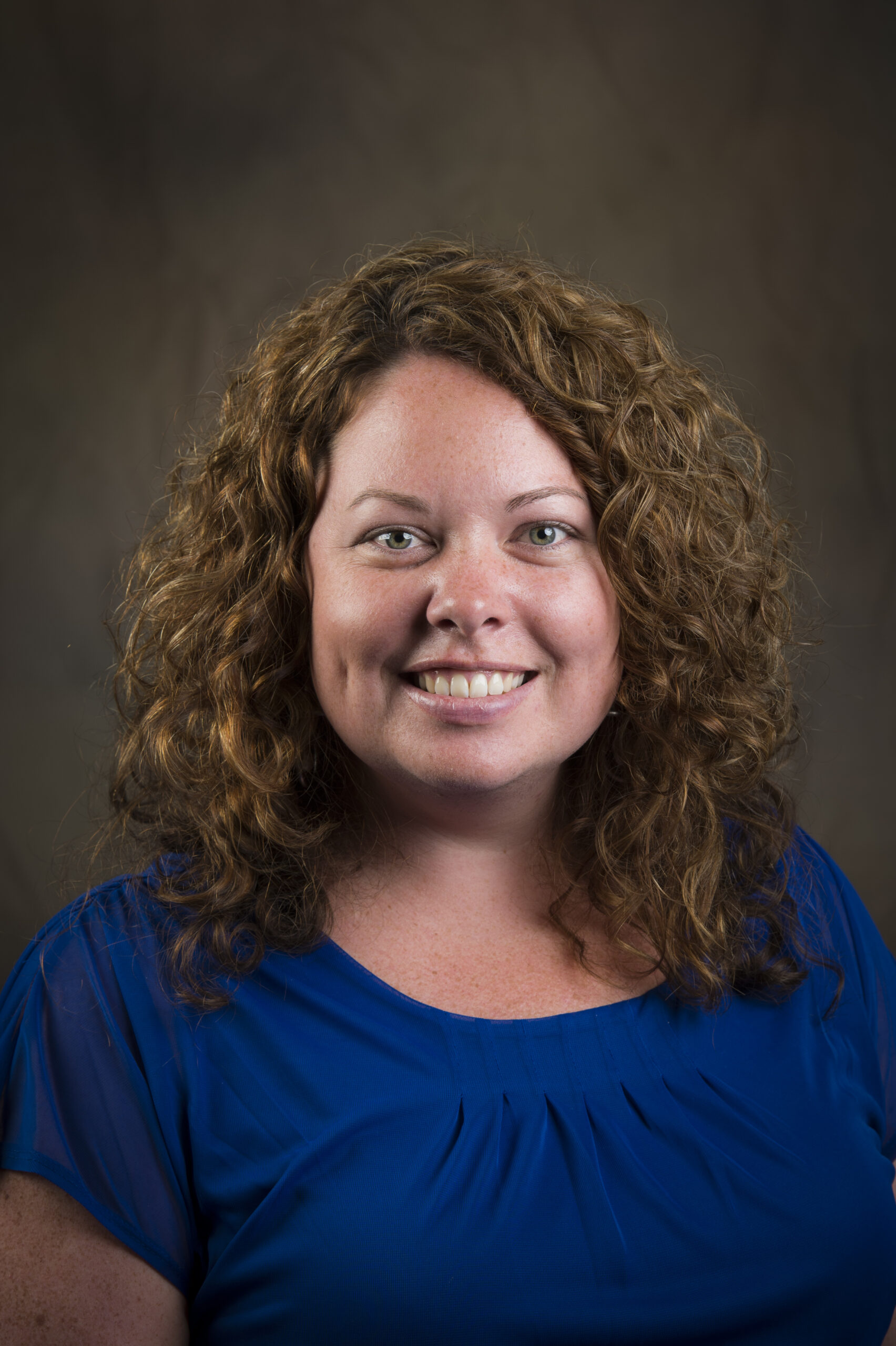About Krissy
About Krissy
About Krissy

My passion for learning about people’s stories and fostering personal growth has guided my journey into counseling. As a Licensed Professional Counselor (LPC – C6893) with the Oregon Board of Licensed Counselors and Therapists (OBLCT), I hold a master’s degree (M.A.) in Clinical Mental Health Counseling from George Fox University and a bachelor’s degree (B.A.) in Gender Studies from Whitman College. With experience in individual and family counseling for children, adolescents, and adults, I am dedicated to creating a welcoming, empathetic, and confidential environment where you can navigate and overcome your challenges.
Finding a mental health provider can feel overwhelming, but research shows that the therapeutic relationship is a key predictor of success in therapy. To help you feel more comfortable, I’d like to share a bit about myself beyond my credentials.
I enjoy a variety of activities, from floating down the river in summer to curling up with a book on a rainy fall day. Game nights with family and friends are some of my favorite experiences, whether filled with laughter or friendly competition. My husband and I love hiking and feel fortunate to live in the Pacific Northwest, where we can explore both mountains and ocean. My favorite colors are purple and teal—so much so that my friends call them my “Krissy colors”—and I love discovering new places.
Thank you for taking the time to learn a little about me. I look forward to hearing your story and hope to see you at The Counseling Place! – C6893-
My Approach
My therapeutic perspective is client-centered and strengths-based, meaning you, as the expert on your story, will set the pace for your healing. I utilize an integrated approach that incorporates various therapeutic theories and techniques, providing frameworks to explore your strengths, thoughts, feelings, behaviors, and relationships.
Restoration Therapy helps clients identify how violations of love and trust in key relationships contribute to issues of identity and safety. Together, we will explore your responses to pain and develop new strategies to enhance your self-beliefs and foster healthy relationships.
Interpersonal Neurobiology examines how relational experiences across our lifespan continuously shape and develop the brain. We can use this knowledge to create healthier patterns in our responses and relationships.
Cognitive Behavior Therapy focuses on the interplay between thoughts, feelings, and behaviors, assisting clients in identifying unhelpful patterns and developing effective coping strategies.
Dialectical Behavior Therapy offers strategies to help clients stay present, navigate distressing experiences, cope with difficult emotions, and improve relationships.
Collaborative Problem Solving is often used in child and family therapy, aiming to help clients shift their mindset about challenging behaviors, strengthen lagging skills, and develop effective problem-solving strategies.
